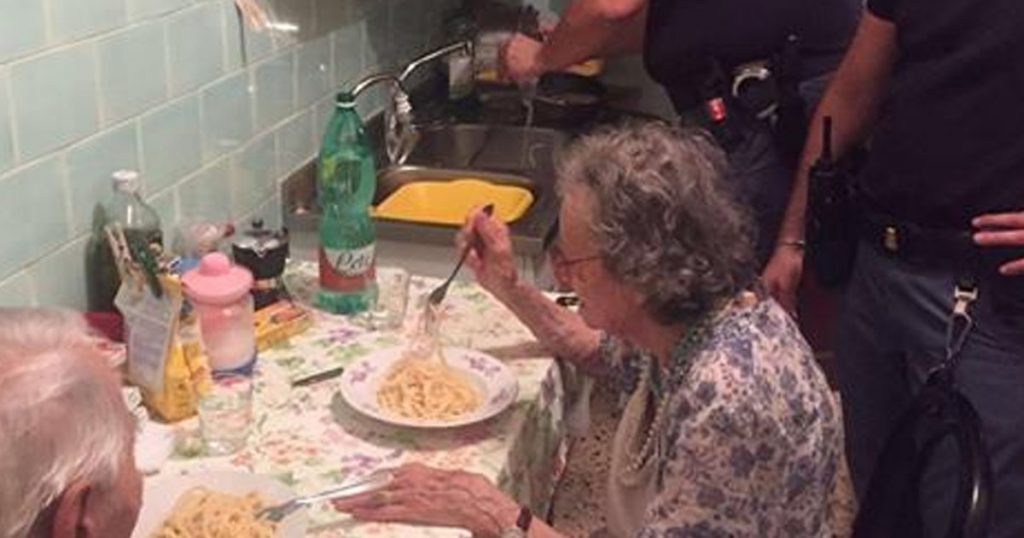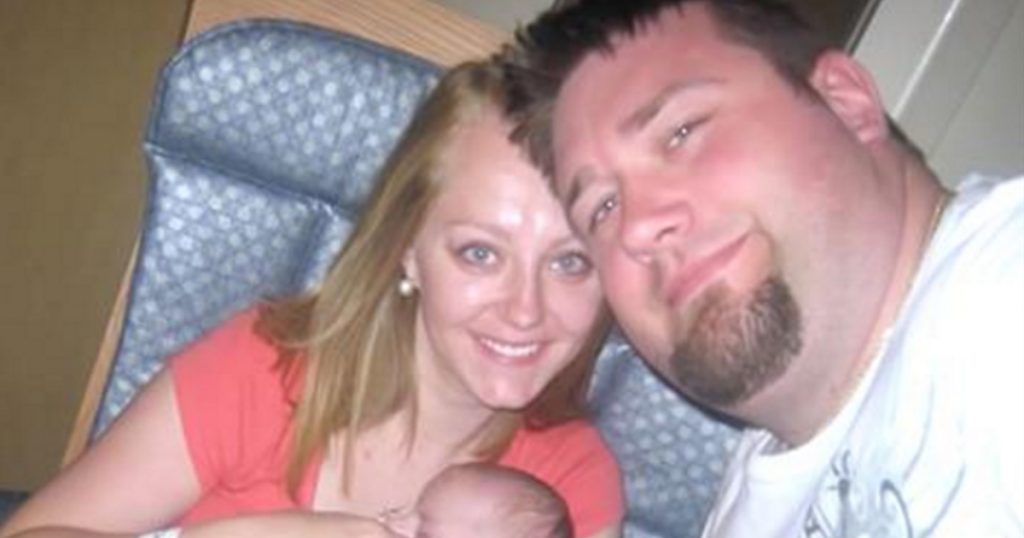Facing dementia is terrifying. Because your own brain starts not to work like it used to, you can feel powerless in your personal life. But the onset of dementia can be slowed if you look out for the early warning signs. While most people assume that memory loss is the only signal for dementia, that is just not true. Dementia warning signs can appear that you need to start looking out for – for yourself and for your loved ones.
According to research presented at the Alzheimer’s Association International Conference in Toronto, early dementia can appear as personality and behavioral changes.
If an older adult suddenly acts out of character, it could be a warning sign that they are being affected by dementia. For example, if they suddenly start feeling sad, act irritable, become rude, or are suddenly disinterested in their family and friends, you should take these changes seriously. Do not ignore them. They could be a sign that dementia is coming.
Researchers are trying to help older adults and their families fight dementia. And to help diagnose it earlier, they are developing a diagnostic test used to find Mild Behavioral Impairment or MBI. If you can see MBI early, doctors can take measures to help prevent diseases like Alzheimer’s from developing so quickly.
Researchers have made a simple checklist to help people identify the warning signs of neurodegeneration. Although it is not a sure-fire way to check for dementia onset, it certainly gives people a place to start.
If MBI changes have lasted for six months or more, you should see your health care provider or encourage your loved one to do so. It could mean all the difference.
Here are the warning signs you must look out for.
Loss of interest
Have you or someone you love suddenly lost interest in spending time with family or friends? This warning sign could mean that dementia is developing. Loss of interest also applies to topics and activities this person used to enjoy.
Lack of social judgment
Those with early-stage dementia sometimes exhibit difficulty in social situations. If you or an older adult you know has more trouble in both public and private social interactions than you once did, this could be a sign to be wary of.
Increasing frequency of frustration
Those suffering from the early stages of dementia onset can become more easily frustrated. He or she may be tenser, suffer more bouts of panic, and may struggle to relax. Anxiety may be on the rise even for things that were once routine.
Low spirit and enthusiasm for life
If someone you know that was usually happy starts to seem depressed, anxious, or discouraged, keep an eye on them. If this feeling persists, it could be a sign that they’re exhibiting the early stages of dementia.
More suspicious
If an older adult suddenly becomes more suspicious of others’ motives and intentions, they could be suffering from the early stages of dementia. They also might suspect they’re suddenly a burden on their families or fear they are dangerous to others. And if they suddenly start hearing voices or communicating with “spirits,” make sure they see their doctor.






